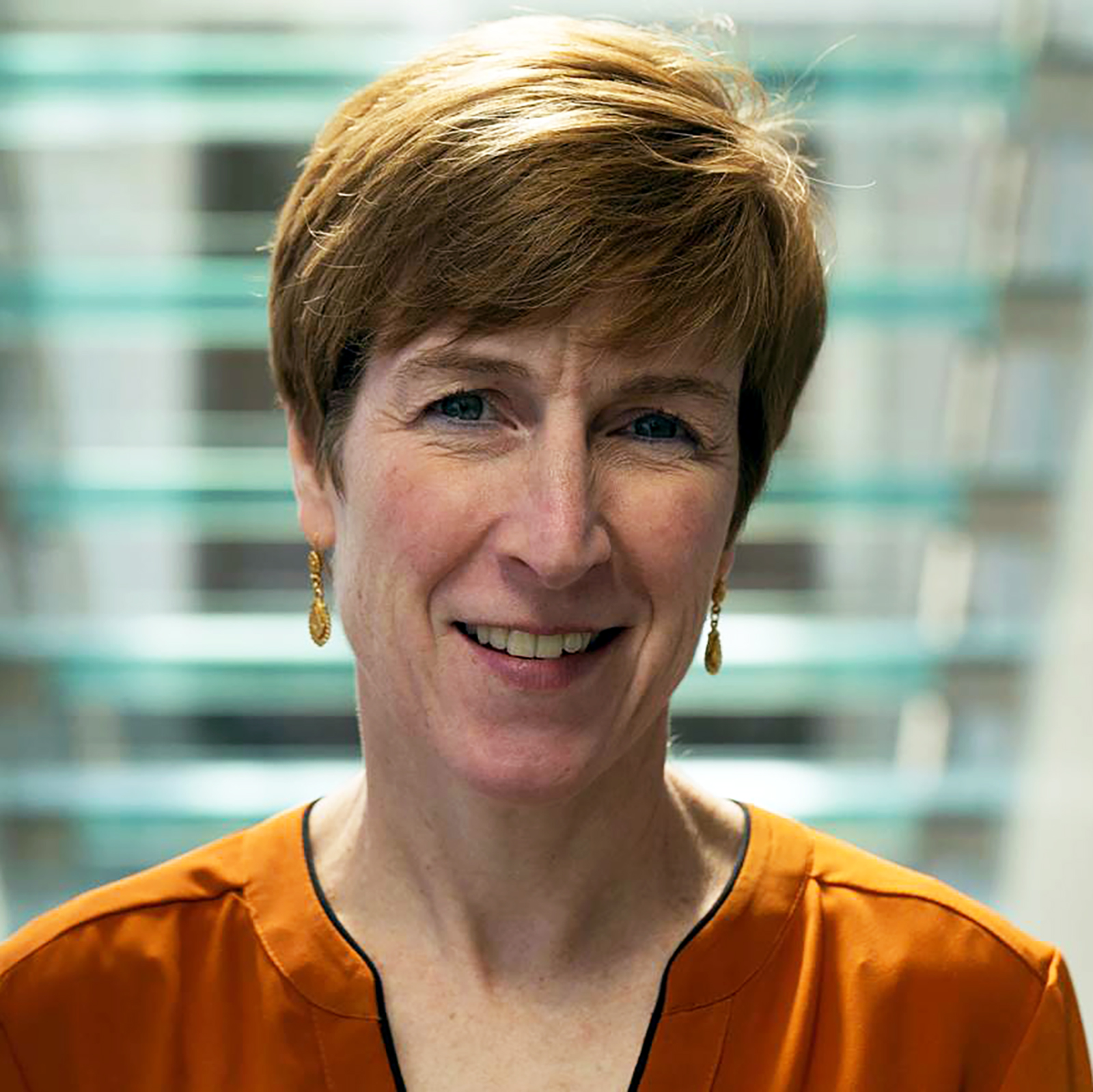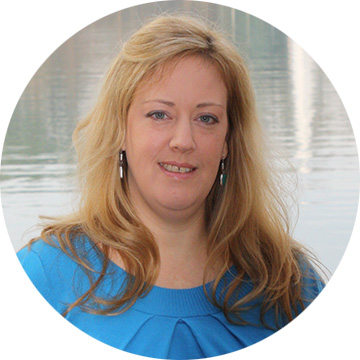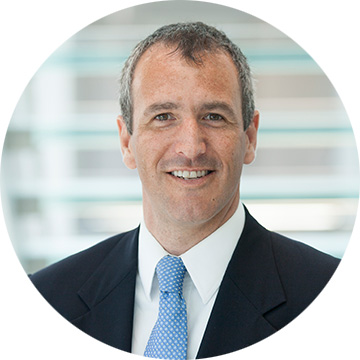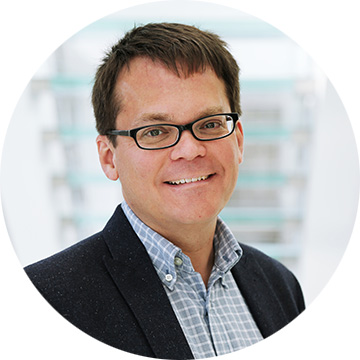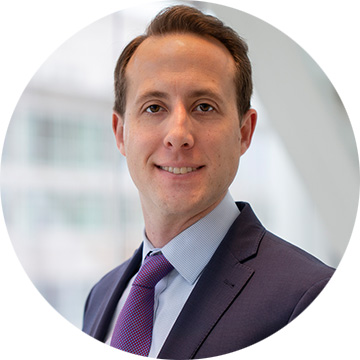Marcia Argust Director
Marcia Argust directs federal conservation policy, resilience planning, and nature-based mitigation work for Pew’s U.S. conservation project. Prior to her current position, Argust led the organization’s U.S. public lands and rivers conservation project, which helped secure new safeguards for more than 2.5 million acres of public lands; facilitated the protection or reconnection of nearly 5,000 miles of freshwater corridors; and assisted in the adoption of 35 new state and federal policies to protect terrestrial connectivity.
Read More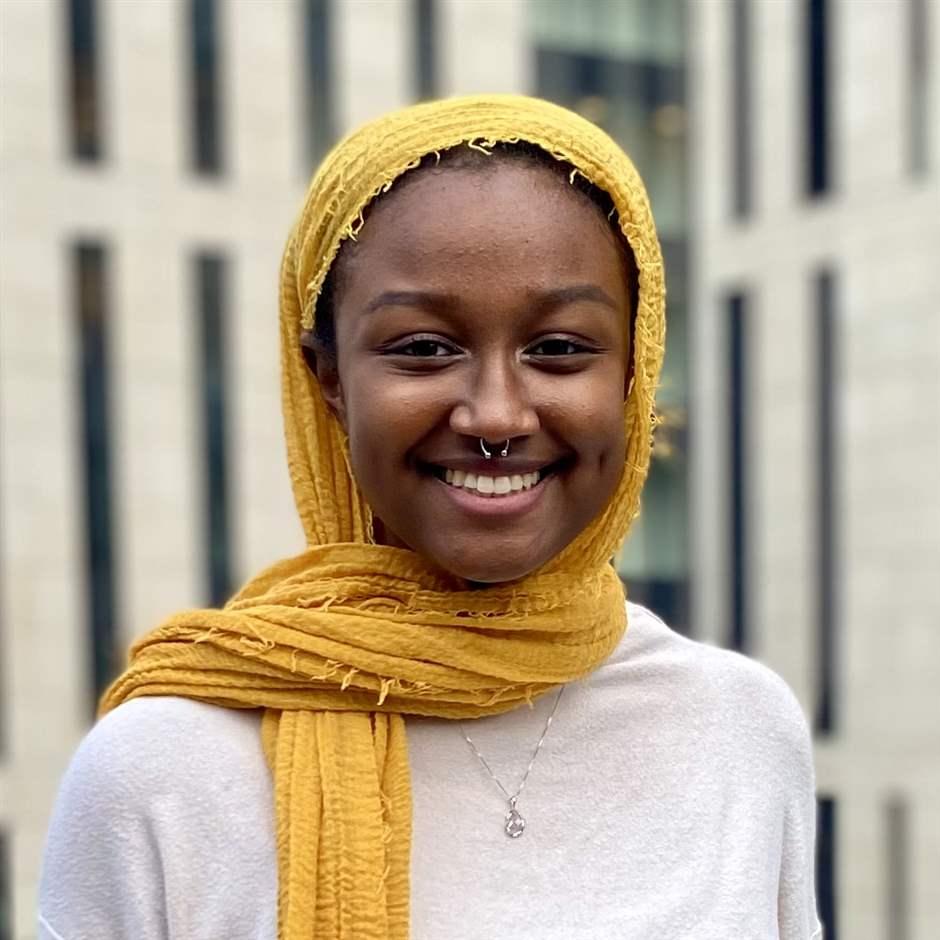
myrah rafi’ah beverly Program Assistant
myrah rafi’ah beverly (who does not use capitalization in the spelling of her name) engages with local and Indigenous communities to protect natural and cultural resources within the United States’ public landscapes. She joined Pew as part of the RAY Fellowship Program, a two-year fellowship designed to cultivate leaders of color in conservation and clean energy. Before joining Pew, beverly was a research assistant for the Mekong Culture WELL Project, an interdisciplinary research and education effort that aims to better understand the effects of political volatility, development, and climate change on the Lower Mekong River Basin in Cambodia. beverly holds a bachelor’s degree in comparative cultures and politics from Michigan State University.
Holly Binns Director
Holly Binns directs efforts to conserve biodiversity and improve climate resilience for people and nature in the southeastern United States and southern Appalachian region for Pew’s U.S. conservation project. She also oversees the organization’s partnership with The Nature Conservancy on the Supporting Oyster Aquaculture and Restoration program.
Read MoreJennifer Browning Senior Director
Jennifer Browning oversees strategy to conserve biodiversity and improve climate resilience for people and nature under Pew’s U.S. conservation project. Prior to this role she led Pew’s work to protect coastal and marine environments in the United States, Puerto Rico, and the Caribbean and to continue building sustainability in U.S. fisheries through management of forage fish and reduction of bycatch.
Read MoreBlake Busse Officer
Blake Busse leads Pew’s work to improve the health and resilience of National Forest System lands for the benefit of both wildlife and people by engaging with a range of partners and leaders from the U.S. Forest Service and Department of Agriculture on national policy initiatives.
Read MoreNic Callero Senior Officer
Nic Callero works with elected officials, agencies, Tribes, and other stakeholders throughout the Western United States to enact state and federal policies that connect wildlife habitat and protect biodiversity. He has designed and shepherded nearly a dozen pieces of state legislation regarding wildlife corridors and crossings, while also leading Pew’s engagement in numerous federal management plans in Idaho, Montana, Nevada, and Utah.
Read MoreLora Clarke Officer
Lora Clarke supports Pew’s efforts to improve the adaptation and resilience of coastal ecosystems and human communities in the Southeast United States. In leading Pew’s work on the South Atlantic Salt Marsh Initiative, Clarke focuses on conserving 1 million acres of the important habitat stretching from North Carolina to east central Florida. Previously, Clarke worked to advance sustainable fishing policies in the U.S. south Atlantic.
Read More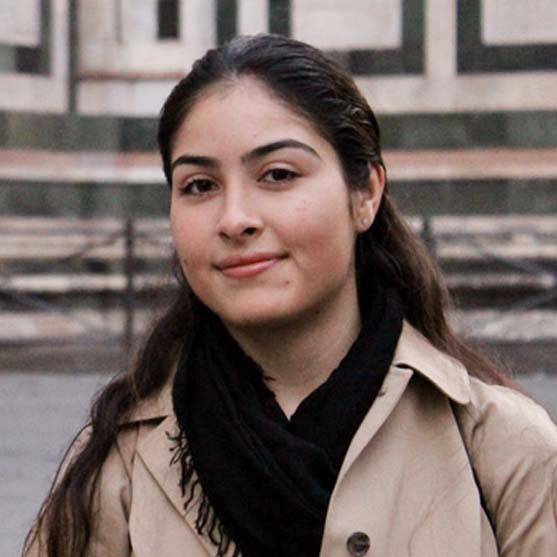
Jazmin Dagostino Associate 1
Jazmin Dagostino works to advance state and federal natural climate solutions. She focuses primarily on state efforts to incorporate coastal blue carbon and peatland management strategies into climate mitigation and adaptation efforts. Before joining Pew, Dagostino coordinated Our Project in Hawaii’s Intertidal, a citizen science program dedicated to promoting stewardship through the intersection of science, community, and cultural knowledge. Earlier in her career, she worked on marine algal research and studied host-bacterial interactions in Hawaiian bobtail squid. Dagostino earned a bachelor’s degree in marine science from the University of Hawaiʻi at Mānoa. Dagostino is based in Portland, Oregon.

Erin Denman Officer
Erin Denman provides internal coordination and cross-cutting collaboration for Pew’s United States conservation work. Previously, she supported members of Pew’s environment leadership, managed a team of administrative assistants, and worked on diversity, equity, and inclusion efforts. Before coming to Pew, Denman worked as an administrator and office manager for LexisNexis Risk Solutions and was artistic director of Little Lifeboats, a nonprofit theater company in Minneapolis. She holds a bachelor’s degree in theater and English from the University of Minnesota and a master's in classical acting from The George Washington University.

Natasha Dulin Manager
Natasha Dulin manages executive level support and coordination services for Pew’s environment work. She also has provided support for other Pew programs including government performance and modernizing civil legal systems. Before coming to Pew, Dulin worked as an operations manager at the National Multiple Sclerosis Society and as an executive assistant, specializing in commercial real estate projects that serve as catalysts for vibrant, inclusive neighborhood development. Dulin attended Virginia State University in Petersburg, Virginia.
Zack Greenberg Officer
Zack Greenberg works to build a more resilient environment for people and nature for Pew’s U.S. conservation project. In this role, he partners with federal and state governments and community leaders to advance science-based conservation policies and outcomes. Greenberg leads Pew’s engagement with the Sentinel Landscapes Partnership, a collaboration among the U.S. Departments of Agriculture, Defense, and the Interior.
Read MoreJustin Grubich Officer
Justin Grubich leads Pew’s work to develop and implement science-based policy and management goals that promote the resilience of coastal and freshwater habitats, protect biodiversity, and foster sustainable use of natural resources in the Southeast United States. Grubich helps build collaborations with scientists, policymakers, recreational fishing organizations, and local communities to implement evidence-based strategies that ensure healthy habitats for future generations.
Read MoreChad Hanson Officer
Chad Hanson leads Pew’s work to develop and implement science-based conservation policies and plans in the Southeast United States, including fostering resiliency, sustainability, and biodiversity in the Apalachicola River Basin. Leveraging scientific expertise and long-standing familiarity with the basin and its people, Hanson works to complete research that is needed to support healthy and connected ecosystems through the river system and within the flood plain. Previously, Hanson focused on conserving and restoring oyster reefs and other coastal habitat along the Gulf of Mexico, known officially in the U.S. as the Gulf of America. He also led regional efforts to advance ecosystem-based fisheries management and protect deep-water corals.
Read MoreBobby Hayden Officer
Bobby Hayden coordinates policy, outreach, and coalition work for Pew’s efforts to ensure clean water, abundant wildlife, and healthy working lands for communities on the United States’ West Coast.
Read MoreKristiane Huber Officer
Kristiane Huber works to advance state-level climate resilience planning with Pew’s U.S. conservation project. She engages with state and local leaders to develop and enact policy and resilience planning to address disaster risk from flooding, wildfire, drought, and extreme heat. Huber also manages the State Resilience Planning Group, a forum for collaboration among government officials leading statewide resilience initiatives.
Read MoreCameron Jaggard Officer
Cameron Jaggard works to protect biodiversity, advance habitat connectivity, and improve adaptation and resilience of ecosystems and human communities in the United States’ Southeast coastal states. Jaggard leads Pew’s river reconnection and restoration efforts and supports coastal habitat resilience planning in Florida. As a member of the South Atlantic Salt Marsh Initiative leadership team, he advances state and federal efforts to conserve 1 million acres of salt marsh stretching from North Carolina to east central Florida. Jaggard previously led Pew’s efforts to protect the largest seagrass meadow in the Gulf of Mexico, known officially in the U.S. as the Gulf of America, and to advance ecosystem-based fishery management in the Atlantic and Gulf coast states.
Read MorePatrick Lane Senior Manager
Patrick Lane works with key stakeholders throughout the Intermountain West to protect and reconnect rivers and wetlands, conserve key wildlife migration routes, and preserve areas of critical importance to biodiversity for Pew’s U.S. conservation project.
Read More
Caitlin Lang Senior Officer
Caitlin Lang develops and implements strategies for local campaigns. In this role, she works to generate advocacy, outreach, and engagement from community stakeholders in support of Pew’s environment portfolio. She also serves on Pew’s environmental justice working group. Before coming to Pew, she served as a campaign director and field operative for the National Environmental Trust. Her background ranges from working for a chamber of commerce and a downtown development association to running South Carolina’s Lowcountry Campaign for the Democratic Party. Lang holds a bachelor’s degree in political science from the University of South Carolina.
Andy Maggi Officer
Andy Maggi works with Pew’s U.S. conservation project to safeguard and reconnect freshwater systems and terrestrial landscapes in states along the Pacific Coast. Maggi also leads Pew’s efforts in Oregon to advance policies that prioritize landscape resilience in natural resource planning to better protect our communities and natural areas from a changing climate.
Read MoreSteve Marx Senior Officer
Steve Marx supports Alaska Indigenous peoples’ fishery management and marine conservation priorities for Pew’s U.S. conservation project. He also works to advance implementation of ecosystem-based fisheries management in the North Pacific.
Read MoreAlex Clayton Moya Officer
Alex Clayton Moya works to incorporate conservation and restoration of coastal blue carbon and peatland habitats in state and national climate policies for Pew’s U.S. conservation project. She leads efforts to engage primarily with state agencies as they seek to incorporate wetlands into their climate change planning, helping to connect science and research to the policy choices of decision-makers.
Read More
Cathy Mull Administrative Assistant
Cathy Mull provides comprehensive administrative support to Pew’s United States’ Western region conservation staff. Before joining Pew, Mull worked as an executive assistant and office manager and in other support roles at organizations including an Oregon forensic epidemiology firm, a Washington state health care system, the San Diego Humane Society, and a Manhattan advertising firm. Mull, who speaks Spanish and Ukrainian in addition to English, holds a bachelor’s degree in communications from Fordham University.
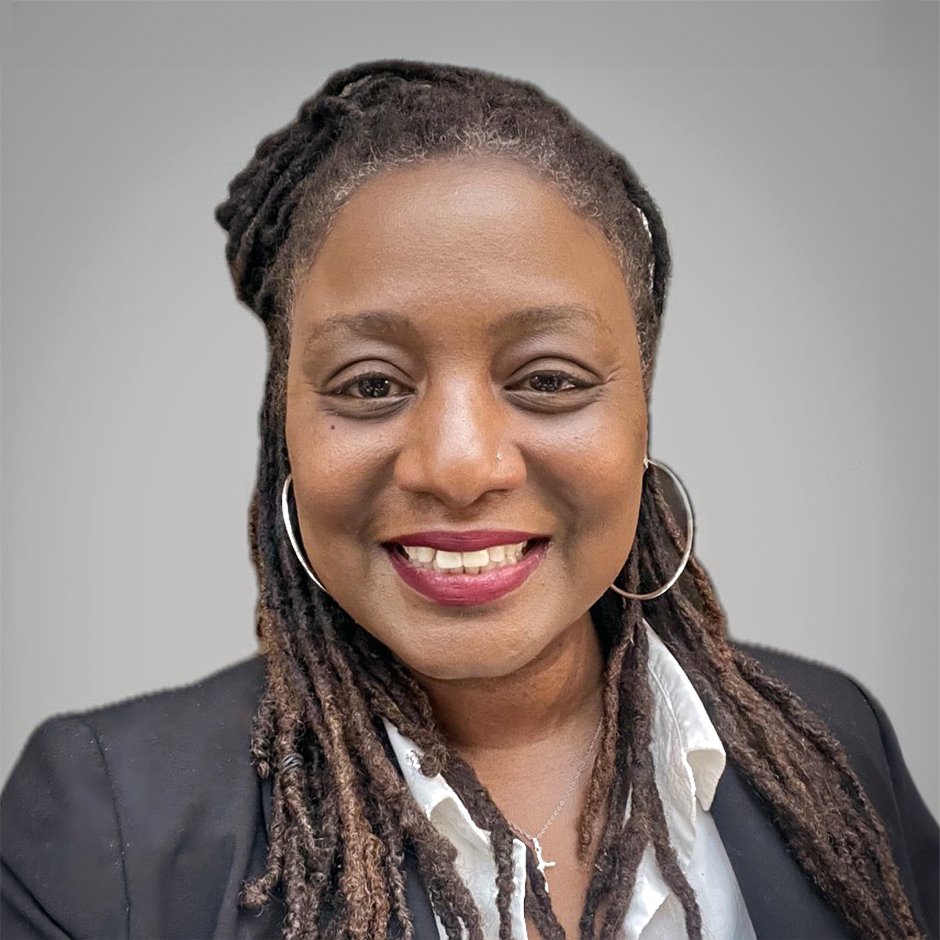
Nichele Carter-Peterson Associate Manager
Nichele Carter-Peterson leads a team of administrative professionals in the environment portfolio and serves as a member of Pew’s environmental justice working group. Prior to coming to Pew, she directed the Peace and Conflict Transformation program at Anderson University, served as the pastor of an AME church in Fishers, Indiana where she advocated for the equitable and fair treatment of marginalized community members; and co-founded CPT, Inc., a strategy consulting firm in Maryland working to dismantle oppressive religious, organizational, and societal systems. Carter-Peterson holds a Master of Divinity and Doctor of Ministry degree from Anderson University in Indiana and is pursuing a Ph.D. in sociology at Howard University.

Yasmin Velez-Sanchez Senior Officer
Yasmin Vélez-Sánchez leads Pew’s work to integrate diversity, equity, and inclusion into conservation efforts in the United States to benefit people and nature. She also guides Pew’s work to build a culture of trust, transparency, collaboration, and inclusion in its environment work. Vélez-Sánchez has helped conserve U.S. Caribbean coastal and ocean resources and promoted sustainable fishing practices through ecosystem-based fisheries management. She is a trained facilitator of culture change, change management, and leadership models including adaptive leadership and participatory dialogue. Vélez-Sánchez holds a bachelor’s degree in journalism and a master’s in public relations from the Universidad del Sagrado Corazón in Puerto Rico. She is based in Fort Worth, Texas.
Mathew Sanders Senior Officer
Mathew Sanders leads state-level efforts to plan for and build resilience to current and future climate-related disaster impacts for Pew’s U.S. conservation project. In this role, he works directly with state governments and community leaders to advocate for, develop, and implement comprehensive policies and plans for various risks, including floods, wildfires, extreme heat, and droughts.
Read MoreCarrie Sandstedt Senior Officer
Carrie Sandstedt leads Pew’s work to protect and reconnect rivers, wetlands, and coastal areas and conserve important lands and wildlife habitat in the Western United States. Her efforts, as part of Pew’s U.S. conservation project, focus on advancing policies and projects that preserve these critical lands, waters, and the benefits they provide for community and ecosystem resilience.
Read MoreJohn Seebach Senior Manager
John Seebach manages work to conserve land and freshwater and advance policies to improve the resilience of these ecosystems to climate change in southern Appalachia for Pew’s U.S. conservation project. Previously, Seebach led Pew’s efforts to secure wilderness and other protective designations and in national forest planning, partnering with organizations and decision-makers to secure lasting protection for public lands and rivers across the western United States.
Read MoreMatt Skroch Director
Matt Skroch directs work to conserve biodiversity and improve climate resilience for people and nature throughout the Pacific, Intermountain West, and Alaska for Pew’s U.S. conservation project. Previously he oversaw Pew’s efforts to improve ecological connectivity in the West, working with federal, state, and nongovernmental partners to bring together—and foster collaboration among—scientists, policymakers, and managers.
Read MoreBrett Swift Senior Manager
Brett Swift leads work protecting and restoring freshwater, terrestrial, coastal, and marine ecosystems and advancing policies to improve the resilience of these ecosystems to climate change in Oregon and Washington for Pew’s U.S. conservation project. Previously, Swift worked on Pew’s efforts to protect and restore free-flowing rivers across the U.S., focusing on safeguarding ecologically important rivers and removing dams and culverts to allow safe passage for salmon and other aquatic species. Swift is based in Portland, Oregon.
Read MoreForbes Tompkins Senior Officer
Forbes Tompkins leads outreach to federal agencies for Pew’s U.S. conservation project. In this role, he focuses on key congressional legislation to build resilience to current and future climate-related disasters and to support wildlife connectivity and ecosystem restoration. Tompkins previously supported Pew’s flood-prepared communities initiative and worked on federal legislation and agency actions to improve resilience to flooding.
Read MoreSylvia Troost Project Director
Sylvia Troost works on natural climate solutions, with an emphasis on coastal blue carbon and other wetland habitats, resiliency planning, and federal coastal policy, for Pew’s U.S. conservation project. Her portfolio includes advancing nature-based approaches to climate mitigation. She previously supported Pew’s coastal habitat and oceans conservation work through strategic planning, operations and budgets, and campaign management.
Read MoreTom Wheatley Project Director
Tom Wheatley manages efforts to increase resiliency for biodiversity and vulnerable communities in the southeastern U.S. for Pew’s U.S. conservation project. In this role, he works to support and expand the National Estuarine Research Reserve System and the South Atlantic Salt Marsh Initiative, among other initiatives. Wheatley previously managed Pew’s work in the Gulf of Mexico to stop the waste of Atlantic bluefin tuna, protect important marine habitats such as deep-sea corals and seagrass meadows, conserve and restore oysters, and ensure sustainable fishing and robust marine food webs. Wheatley is based in Tampa, Florida.
Read MoreLaurel Williams Manager
Laurel Williams focuses on federal agency policy and place-based efforts involving our public landscapes for Pew’s U.S. conservation project. She works in collaboration with policymakers, Tribal Nations, and stakeholders, leveraging science and research to achieve outcomes that safeguard lands and waters, wildlife, and communities. Williams is based in Portland, Oregon.
Read More
